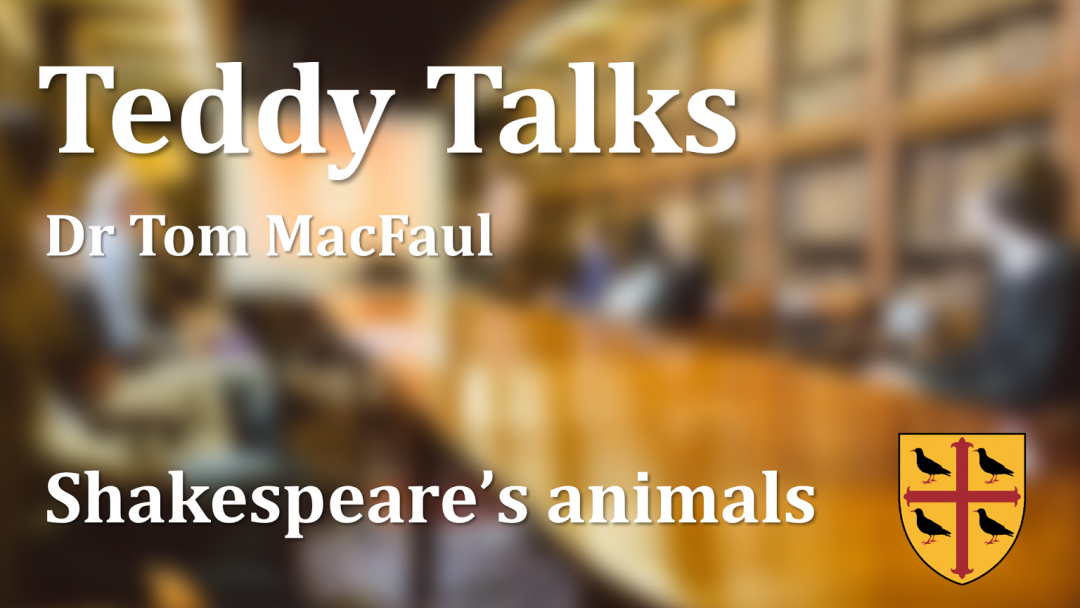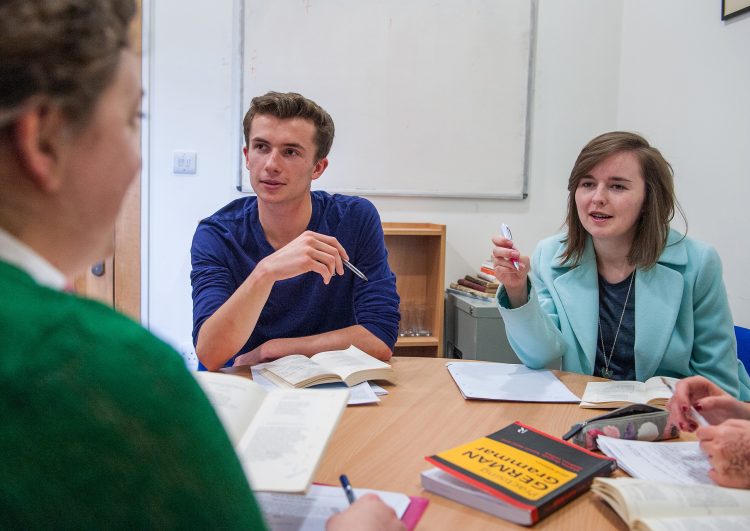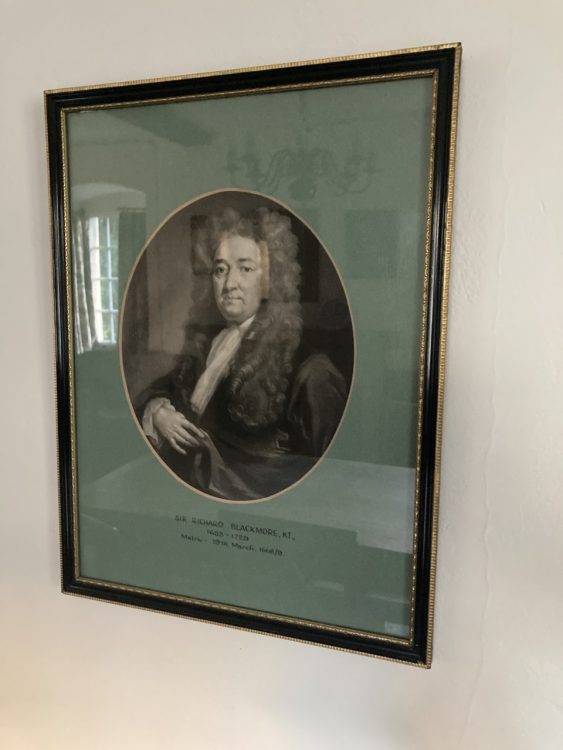Dr Tom MacFaul
Fellow by Special Election in English
Tom grew up in Yorkshire. He took his BA in English at Pembroke College, Cambridge, and his D.Phil. at Merton College, Oxford. Tom has taught at various colleges in Oxford (including Oriel, Merton, Corpus Christi and St Catherine’s) for twenty years; he came to Teddy Hall as lecturer in English in 2014. Tom was elected as a Mitchell Early Career Teaching and Research Fellow in October 2019.
My research interests extend from the Renaissance /early modern period to the Romantics. I am interested in the ways in which imaginative writers respond to ideological change and confusion, and in how literary art embodies structures of feeling which compensate for or attempt to transcend such ideological difficulties. My work has focussed a good deal on matters of gender, sexuality, and social class; I am also very interested in the problems of early modern religion and politics, and in ecocriticism and the history of science.
Early modern authors in whom I have a particular interest include: William Shakespeare, Edmund Spenser, John Donne, George Herbert, Ben Jonson, Philip Sidney, Mary Wroth, John Milton, John Dryden, Aphra Behn and Alexander Pope. I am also at present writing about the Romantic poets, and am a keen reader of fiction and poetry from later periods.
I have published four books: Male Friendship in Shakespeare and his Contemporaries, Poetry and Paternity in Renaissance England, Problem Fathers in Shakespeare and Renaissance Drama and Shakespeare and the Natural World. I have also co-edited Tottel’s Miscellany, the most influential anthology of early Tudor verse, for Penguin Classics.
I have two main current projects. The first is a book on the representation and re-enchantment of various kinds of space in the Romantic period, dealing with a wide range of authors including Wordsworth, Coleridge, Byron, Blake, Clare, Keats, Austen, Smith and the Shelleys. The other is a book on the aestheticization of morality in the post-Reformation period: it will focus on concepts of care, honour and decorum in the works of Spenser, Shakespeare, Fletcher, Sidney, Nashe, Wroth and Milton.
At Teddy Hall, I teach the paper on Shakespeare, and two period papers: literature in English 1550-1660 and literature in English 1660-1760. I teach final-year dissertations on a wide variety of topics from the Renaissance to the present day.
Only two actual animals definitely appear in Shakespeare’s plays: a naughty dog in The Two Gentlemen of Verona and a hungry bear in The Winter’s Tale. But animals are everywhere in Shakespeare’s language. In this short talk (given at the 2015 St Edmund Hall Research Expo) Dr Tom MacFaul offers some suggestions as to why that is, and will show that the much-vaunted idea of human ‘specialness’ in the Renaissance was highly precarious.

Where next?




Dr Tom MacFaul
BA Camb, DPhil Oxf
- Fellow by Special Election in English
- College Lecturer in English
- Deputy Dean of Degrees